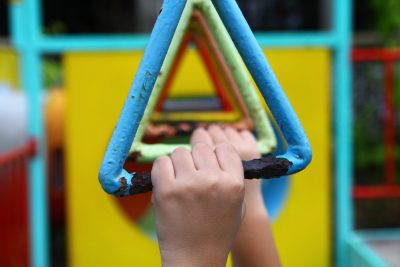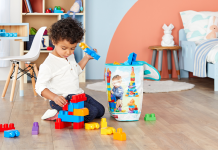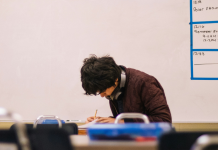Preschool is the place where children develop a routine, make friends and learn new and exciting things every day. But how does one select the right school?
As a parent, it is important to choose a preschool that best serves the needs of your child and also fits with your daily schedule. Danielle Tannous, founder and director of Bright Beginnings Preschool outlines a list of things to consider when making the decision. “Firstly, visit the preschools in the neighbourhood to get a feel for the environment, staff and children. Then ask those important questions.”
Danielle suggests the following…
- What teaching method do they use?
- What are the opening and closing times?
- How many teachers are there and how many support staff? This is age dependent. My recommendation is 0 to 18 months – one to four, 19 months to three years – one to six; three to six years – one to 12.
- What qualifications do the teachers have? It is also important to find out if the staff know first-aid and fire-fighting. Qualifications are preferable degree level such as Bachelor of Education. However, a minimum requirement of NQF Level 5 is required.
- Does the school provide meals and snacks?
- Is the school inclusive? In other words, does the school accept children who are physically or mentally challenged.
- Do they provide aftercare, and until what time?
- Do they close during school holidays and if so, do they offer a holiday programme?
- What are the costs and what is the fee structure?
- What extra-curricular activities do they offer and is there an added cost?

Once you’ve narrowed down your choices, check the following:
- The school is registered with the Department of Basic Education
- The environment is clean and safe, there are security measures in place.
- Teachers are positive and caring towards the children
- Teachers engage, interact and inspire children to learn. They sing songs, tell stories, read books or use games and crafts to teach. Life skills and technology lessons should also be in place to orientate a child towards future readiness.
- Children are active contributors to the classroom
- The headmistress or director is present at the school
- The staff use positive discipline. Preschoolers are developing self-regulation and social skills.
- They’re learning social rules and teachers need to support this. Ask for an explanation of the discipline policy.
- Time dedicated to free play.
- Meals are healthy with fruits and vegetables included. Nutrition is a critical part of child development, so the preschool should serve quality, balanced meals and snacks.
Advertisement






